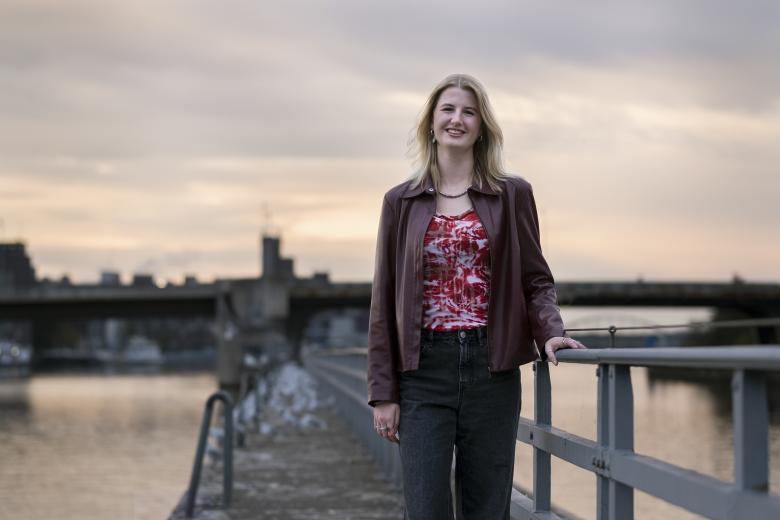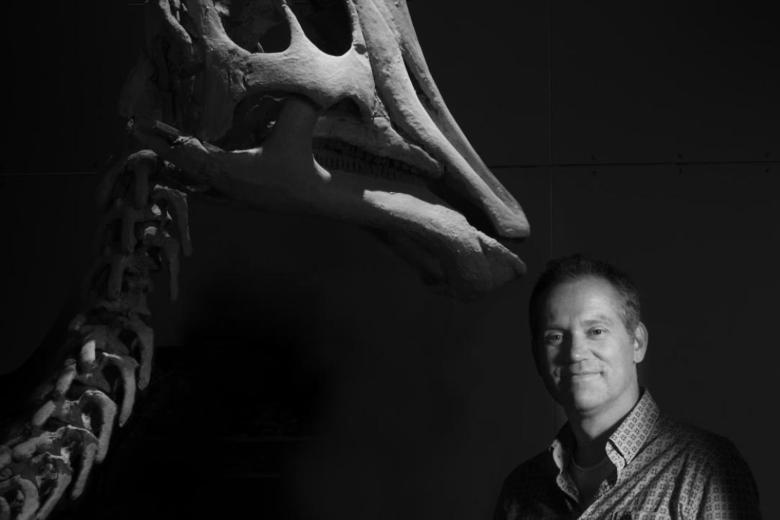Medical student Julia Schepers has known she has dyslexia since high school.
Julia: “If you have dyslexia, you’re no less smart. Your brain just works differently.”
- Students
- Students going the extra mile

Submissions
The Maastricht Journal consists of contributions from leading academics in the form of:
- Articles providing in-depth analysis of either EU or international law, or studying a particular problem from a comparative approach, and considering the issues from the perspective of the Ius Commune Europaeum.
- Case Notes of important EU and national decisions of significance in a number of countries, placing the issues in a comparative perspective.
- Legal Developments illustrating and contextualizing important developments at the EU level, such as the introduction of new EU legislation and policy changes.
- Legal Debates encompassing pieces by various authors tackling new and thought-provoking legal problems from different perspectives.
- Commentaries of contributions previously published in the Maastricht Journal.
For the detailed submission guidelines for the Maastricht Journal of European and Comparative Law, please click here.
From paradise to enterprise, aggression rules small populations.
- Sense the Science
Imagine living on an island that loses about 90% of its land area due to natural disasters. How would you ensure there is enough space and food for yourself and your offspring? Would you become aggressive? Read how Leon Claessens and his colleagues figured out that in such cases, nature will promote aggression.
